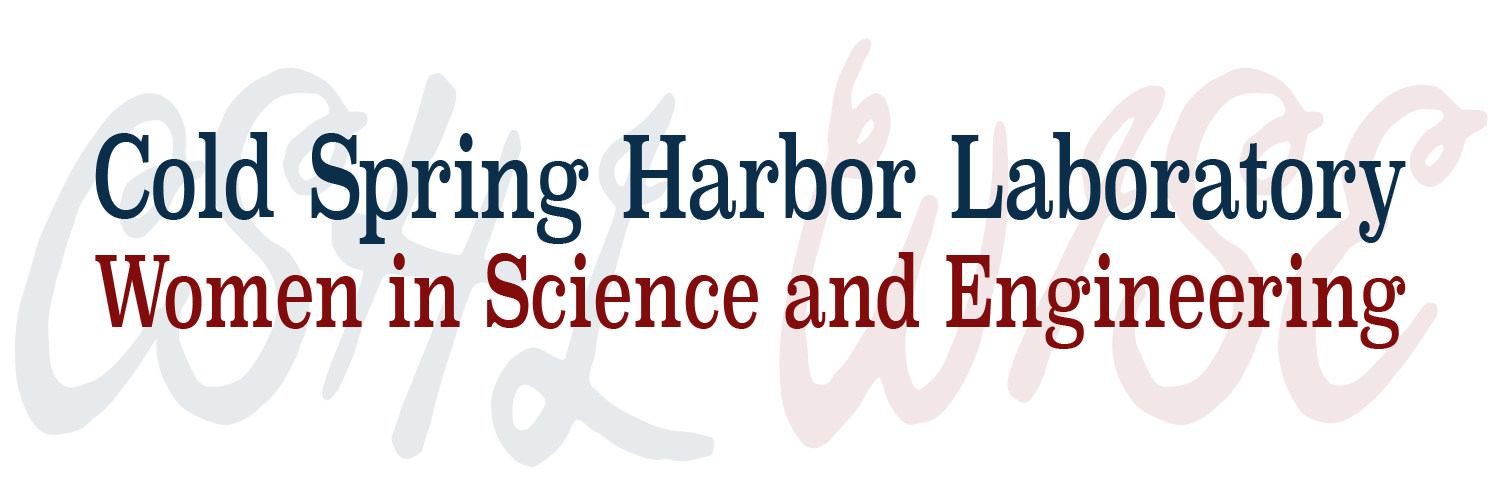Wendy C. Newstetter is a learning and cognition scientist with a significant impact on engineering education. She is currently the Assistant Dean for Educational Research and Innovation in the College of Engineering at Georgia Institute of Technology. During the past 20 years, she was embedded in the Biomedical Engineering department at Georgia Tech, where she studied “learning in the wild” to understand how teams of researchers think and problem solve. She translated those studies back into the classroom to design an innovative and pioneering curriculum that develops the next generation of biomedical engineering leaders. Newsletter also serves as a mentor and inspirational figure to many students, faculty, and members of the Georgia Tech community and beyond.
Newstetter earned her B.A. at Colby College in 1971, majoring in Asian studies. It might seem like a big transition from Asian studies to developing engineering curriculum, but looking back, she thinks it’s “a lot like biomedical engineering”, with regard to the interdisciplinary nature of the field. She earned her masters and Ph.D. in linguistics in 1995 from Lancaster University in the United Kingdom. At Georgia Tech, she first worked in the Ivan Allen College of Liberal Arts, and then in the College of Computing, but ultimately joined the Department of Biomedical Engineering as a founding member.
Her research involved studying biomedical engineering labs from the perspective of a cognitive scientist and anthropologist. Newstetter’s team immersed themselves in tissue engineering, neuro-engineering, and systems biology labs, asking the questions: “What is the nature of cognition in this lab?” and “What does learning look like in this lab?”. By gaining a deep understanding of the unscripted learning that goes on in a research lab, Newstetter could extract design principles to replicate these processes in the classroom or instructional laboratory. This research was presented in the book, Science as Psychology: Sense-Making and Identity in Science Practice which demonstrates how “social relationships, emotion, culture, and identity are implicated in the problem-solving practices of laboratory scientists.” Her research also included studies of how gender plays out in the everyday practices of scientists in an effort to address climate issues in STEM disciplines.
Newstetter translated her findings from the research laboratory into the classroom setting by designing an innovative biomedical engineering curriculum focused around problem-based learning environments. In her curricula, Newstetter emphasizes the concept of “cognitive flexibility”, or the ability to look at a problem from different perspectives. She wants biomedical engineers to be able to communicate and collaborate with a diverse set of interacting disciplines. She also aims for students to be “agents of their own learning”. Newstetter applied her work nationally with Project Kaleidoscope to develop more effective science and engineering environments informed by learning science.
Currently, Newstetter’s focus is on building “inclusive engineers” that value diversity, fairness, and justice. In a 2019 preprint, “Inclusion Requires a Comprehensive Understanding of Justice”, Newstetter argues that engineers, scientists, and students need to understand how to measure justice, increase justice, and ameliorate injustice on their educational and work teams. She aims for these concepts to be integrated directly into the technical coursework of an engineering education.
In 2019, Dr. Newsletter, along with Dr. Joseph Le Doux and Dr. Paul Benkeser, was awarded the Bernard M. Gordon Prize for Innovation in Engineering and Technology Education “for fusing problem-driven engineering education with learning science principles to create a pioneering program that develops leaders in biomedical engineering.” Among other awards, her work was recognized with the 2013 Georgia Regents’ Teaching Excellence Award and the American Psychological Association William James Book Award. In honor of her outstanding career and service, the inaugural Newstetter Distinguished Lecture has been created at Georgia Tech.
If you’d like to learn more about Dr. Newsletter’s approach to studying a research lab as an “exotic tribe”, designing innovative undergraduate curricula, or bringing a focus on inclusivity into the classroom, check out the podcast episode linked below.
By Andrea Moffitt
Sources:
https://bme.gatech.edu/bme/faculty/Wendy-Newstetter
https://www.nae.edu/203103/Dr-Wendy-C-Newstetter
https://www.cambridge.org/core/books/science-as-psychology/022437E51CF36D83B6D5B4286FC799F7
http://clic.gatech.edu/papers/GenderWritSmall.pdf
Picture Source:
